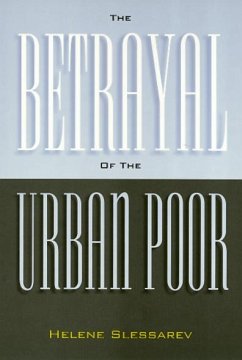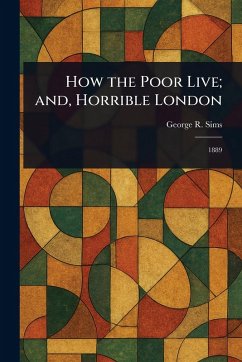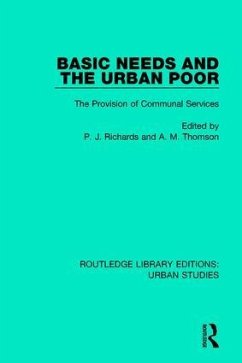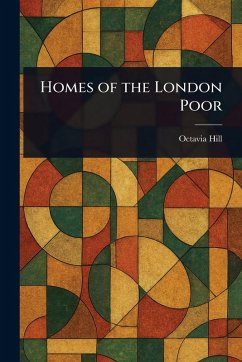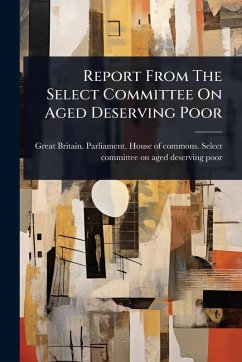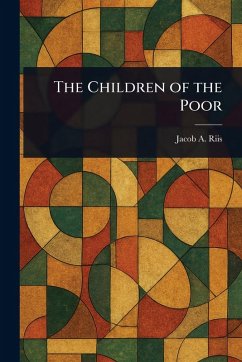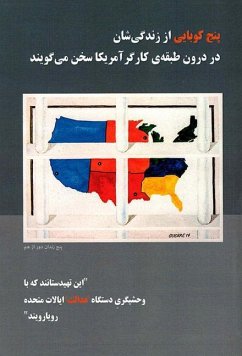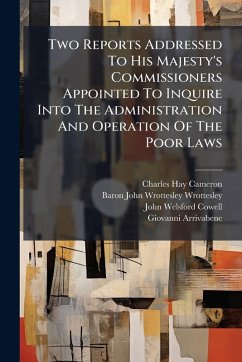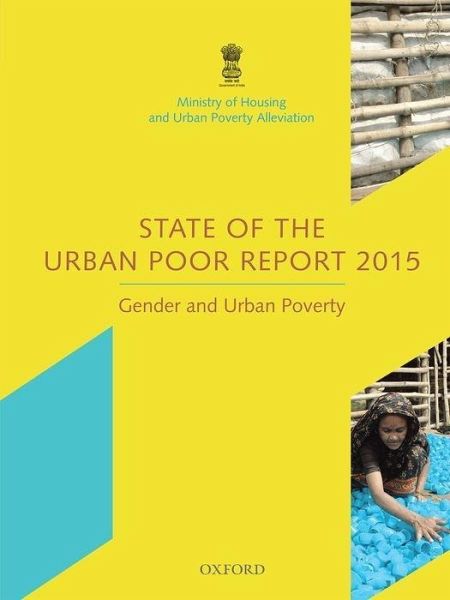
State of the Urban Poor Report 2015
Gender and Urban Poverty
Versandkostenfrei!
Versandfertig in über 4 Wochen
45,99 €
inkl. MwSt.

PAYBACK Punkte
23 °P sammeln!
The State of the Urban Poor Report 2015 has been envisaged keeping in mind the critical need to examine gender issues relevant to urban poverty alleviation practices and mechanisms, as well as to find ways of bringing gender sensitivity into the urban management practices in India. The papers in this volume focus on themes such as dimensions of urban poverty; current urban poverty alleviation approaches; gender, shelter, and property rights; urban livelihoods; ensuring urban safety through gender sensitive approach; and access to basic urban services through gender perspective.



